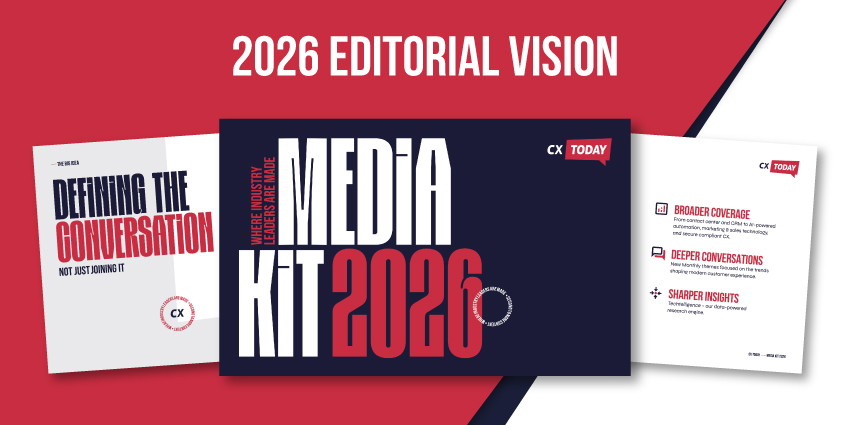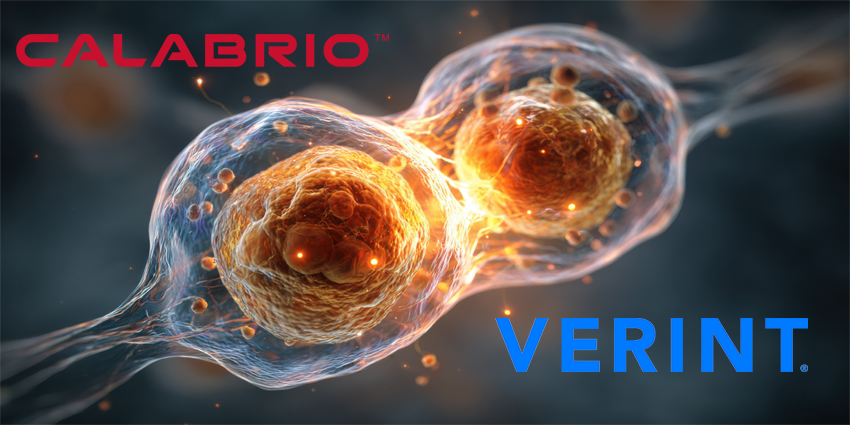The ability to bounce back from setbacks, handle irate customers, and adapt to rapid changes in technology and market demands – at every step, resilience defines a successful CX strategy. By building resilience within your contact center, you can transform challenges into opportunities, leading to a more satisfied and loyal customer base. This article explains how.
Defining Resilience: Why is it a Key CX Agent Trait?
Resilience in the context of customer experience refers to the ability of agents to recover quickly from difficult situations, maintain a positive attitude, and continue delivering exceptional service despite challenges. This trait is crucial for several reasons.
To begin with, customer interactions can be unpredictable and emotionally charged. Resilient agents are better equipped to manage their emotions and remain composed under pressure. Second, resilience enables agents to handle a high volume of interactions without burnout, ensuring consistent performance and reducing turnover rates.
A resilient contact center is also better positioned to adapt to changes in customer expectations, technological advancements, and market dynamics. In an environment where the only constant is change, it’s the cornerstone of a sustainable and effective CX strategy.
Examples of Resilience in Contact Center Environments
Resilience manifests in various ways within a contact center. Consider the following scenarios:
1. Handling difficult customers
An agent encounters a frustrated customer who is dissatisfied with a product. Despite the customer’s anger, the agent listens empathetically, apologizes sincerely, and offers a solution that not only resolves the issue but also leaves the customer feeling valued.
2. Adapting to system failures
A technical glitch disrupts the call center operations. Resilient agents remain calm, use backup systems, and communicate transparently with customers about the delay, all while maintaining professionalism and empathy.
3. Managing high call volumes
During peak seasons, call volumes surge. Resilient agents manage the increased workload without compromising the quality of service. They utilize effective time management and stress-relief techniques to stay focused and productive.
4. Continuous learning and adaptation
A new software system is introduced to the contact center. Resilient agents embrace the change, participate in training sessions, and quickly adapt to the new system – they understand its benefits for improving customer interactions.
Benefits of Building Resilience: How Does it Improve CX?
Building resilience in your contact center yields numerous benefits, enhancing both employee well-being and customer satisfaction:
- Improved customer satisfaction: Resilient agents are better equipped to handle customer issues calmly and effectively, leading to higher satisfaction rates. Customers also appreciate agents who can navigate challenges without becoming flustered.
- More engaged employees: Resilience helps agents manage stress and stay motivated. Engaged employees are more likely to remain with the company, saving costs associated with recruitment and training – not to mention, delivering consistently better CX.
- Enhanced problem-solving: Resilient agents develop stronger problem-solving abilities, which lets them resolve customer issues quickly and efficiently. This proactive approach minimizes escalations and fosters a positive customer experience.
- Increased adaptability: In a rapidly changing business environment, adaptable agents can quickly learn new technologies and processes. This ensures your contact center remains competitive and responsive to market demands.
How to Build Resilience in Your Contact Center? 6 Actionable Tips
Chances are, your agents will need to demonstrate resilience several times a day. That’s why you need to invest in building resilience and provide your agents with the right support, at the right time.
- Provide comprehensive training: Equip your agents with the skills and knowledge they need to handle various customer scenarios. Regular training sessions on conflict resolution, emotional intelligence, and technical skills are crucial.
- Offer emotional support: Implement programs that provide emotional and mental health support. Access to counseling services, stress management workshops, and mindfulness training can significantly enhance resilience.
- Encourage work-life balance: Promote policies that support work-life balance – such as flexible scheduling and adequate time off. A well-rested agent is more resilient and effective in their role.
- Set realistic expectations: Ensure that performance targets are achievable and aligned with agents’ capabilities. Unrealistic goals can lead to frustration and burnout.
- Implement regular check-ins: Conduct regular one-on-one meetings to discuss challenges and provide support. These sessions can help identify stressors and offer personalized strategies to build resilience.
- Build a strong support network: Encourage teamwork and collaboration. A strong support network within the contact center ensures that agents can rely on each other during challenging times.
Conclusion: Using Technology to Make Your CX Capabilities More Resilient
Incorporating technology into your CX strategy can significantly enhance resilience. Advanced tools – such as AI-powered chatbots, customer relationship management (CRM) systems, and analytics platforms – can streamline operations, reduce workload, and provide agents with real-time insights.
They enable agents to focus on high-value interactions and improve decision-making, ultimately leading to a more resilient contact center. Moreover, technology can facilitate remote work, offering flexibility and reducing stress..
By integrating these innovations, you not only enhance the efficiency and effectiveness of your contact center but also build a resilient CX framework capable of withstanding future challenges.
Did you find this article useful? Follow us on social media for more such insights.







